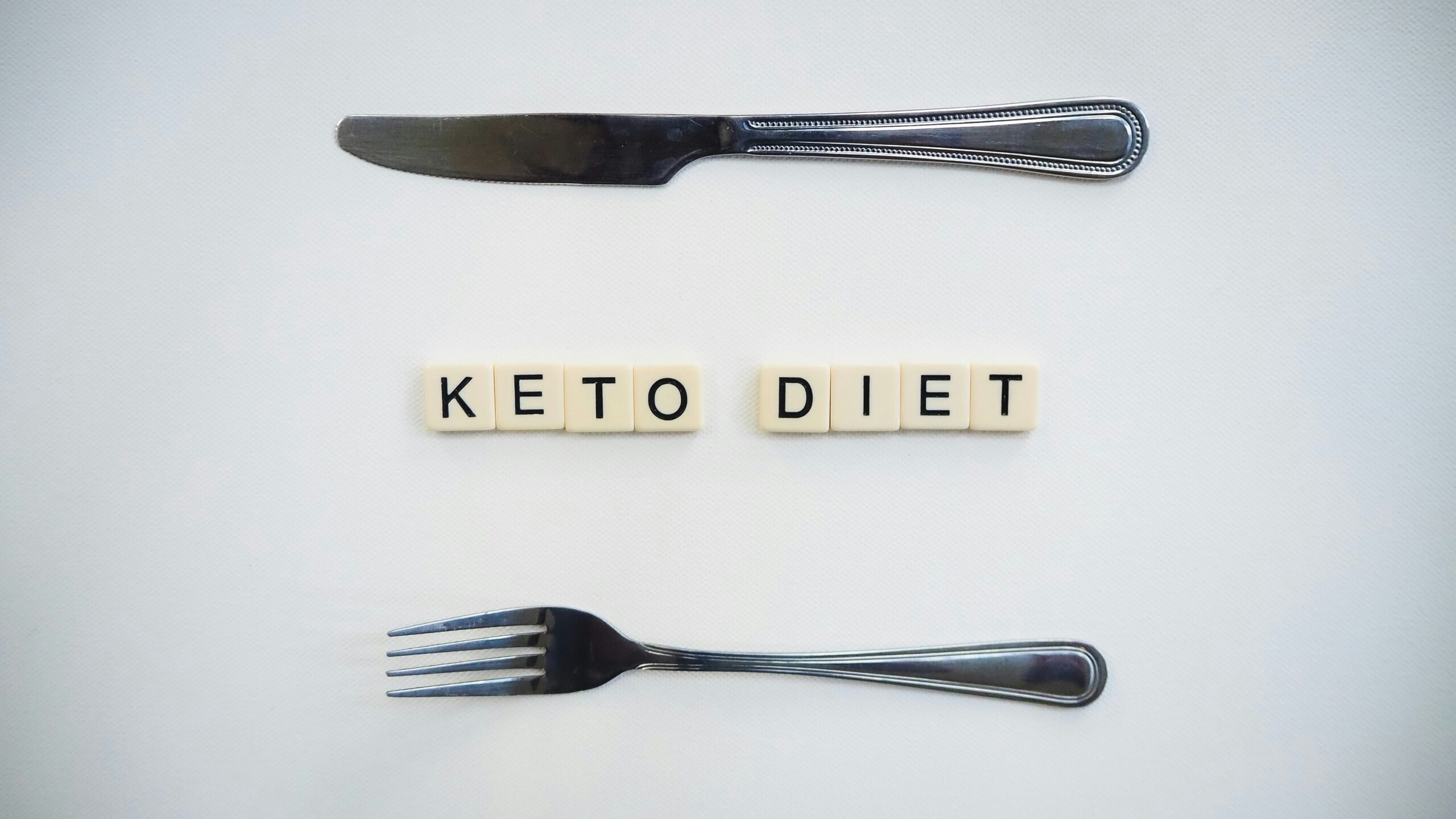Have you ever pondered whether a low-carb diet truly reduces your calorie intake? With so much buzz around different diets and weight loss strategies, it can be confusing trying to figure out what actually works. It’s essential to cut through the noise and get to the heart of the question: does adopting a low-carb diet lead to consuming fewer calories and, ultimately, help in weight management or loss? Let’s delve into this topic, looking at how these types of diets function, their advantages, and any potential drawbacks.
What is a Low-Carb Diet?
To understand the potential for calorie reduction, it’s crucial to know what a low-carb diet entails. A low-carb diet focuses on reducing carbohydrates, primarily found in sugary foods, pasta, and bread, and replacing them with protein, healthy fats, and vegetables.
Types of Low-Carb Diets
Low-carb diets vary in the amount and type of carbohydrates they allow. Here are a few common variants:
-
Ketogenic Diet (Keto): Extremely low in carbs, this diet typically involves getting 70-80% of your calories from fat, about 10-20% from protein, and very minimal carbohydrates, usually less than 50 grams per day.
-
Atkins Diet: This diet starts very low in carbs and gradually increases the amount as you approach your goal weight or desired maintenance level.
-
Paleo Diet: Although not specifically low-carb, it naturally tends to be lower in carbs due to its emphasis on whole foods, while excluding processed foods, grains, and sugars.
-
Dukan Diet: High in protein and low in carbs, the Dukan Diet is split into phases and can lead to significant short-term weight loss.
-
South Beach Diet: Focused on the glycemic index of foods, it starts with a restrictive phase low in carbs and gradually reintroduces healthier carbs.
Each of these diets dictates different levels and types of carb reduction, but they share a common theme: prioritizing nutrients that don’t come from simple carbohydrates.
How Do Low-Carb Diets Work?
The theory behind low-carb diets is that reducing carbs lowers insulin levels, causing the body to burn stored fat for energy.
The Role of Insulin
Insulin is a hormone that helps regulate blood sugar. When you eat carbohydrates, your body breaks them down into simple sugars absorbed into the bloodstream. This increase in blood sugar signals the pancreas to release insulin, which helps cells absorb sugar for energy or storage.
-
Insulin and Fat Storage: High insulin levels promote fat storage. By keeping carb intake low, insulin levels decrease, potentially enhancing fat utilization.
-
Insulin Sensitivity: Over time, frequent spikes in insulin can lead to insulin resistance, making it harder to maintain energy levels and control hunger. Reducing carbs can improve insulin sensitivity.
The Metabolic Advantage
Some proponents of low-carb diets claim a “metabolic advantage,” where the body uses more energy to process protein and fat than carbohydrates, potentially burning more calories:
- Thermic Effect of Food (TEF): Protein has a higher TEF than carbs or fats, meaning it takes more energy to digest.
- Fat Adaptation: Over time, the body adapts to burning fat more efficiently, possibly leading to increased fat burn even at rest.

Do Low-Carb Diets Reduce Calorie Intake?
The critical question: does eating fewer carbs actually mean you’re eating fewer calories? The answer isn’t entirely straightforward.
Appetite Suppression
Low-carb diets might reduce your overall calorie intake due to their impact on hunger hormones:
- Ghrelin: Often called the “hunger hormone,” ghrelin levels can decrease on low-carb diets, leading to reduced hunger.
- Peptide YY and CCK: These hormones increase satiety, helping you feel fuller for longer after meals.
Satiety Enhancement
Foods higher in protein and fat are generally more filling, contributing to an overall reduction in calorie intake:
- Protein’s Impact: High-protein intake can significantly increase feelings of fullness and even boosts metabolism slightly.
- Healthy Fats: Fats take longer to digest, keeping you satisfied longer, which can naturally lead to consuming fewer calories.
Behavioral and Psychological Factors
Sometimes, the structured nature of low-carb diets may enhance discipline and mindfulness around food choices:
- Simplification: Fewer food categories to choose from can simplify eating patterns, reducing opportunities for overeating.
- Attention to Quality: A focus on whole, nutrient-dense foods can lead to healthier, lower-calorie choices.
Potential Benefits of Low-Carb Diets
When executed properly, low-carb diets can yield numerous health benefits beyond calorie reduction.
Weight Loss
One of the most significant potential benefits is weight loss, which can be more substantial and faster in the initial stages compared to low-fat diets.
- Water Weight Reduction: Cutting carbs causes rapid water loss, leading to quick initial weight loss, which can be motivating.
- Fat Loss: Over time, reductions in body fat become more pronounced, especially visceral fat around organs.
Improved Blood Sugar and Insulin Levels
For individuals with insulin resistance or diabetes, low-carb diets can improve blood sugar control and decrease the need for medication:
- Glycemic Control: Lower carb intake can smooth out blood sugar fluctuations, reducing the risk of spikes.
- Insulin Sensitivity: Improved resistance lowers the risk of developing type 2 diabetes.
Cardiovascular Health
Although controversial, low-carb diets might enhance certain cardiovascular risk factors:
- Higher Good Cholesterol: Increase in HDL cholesterol, which is protective against heart disease.
- Lower Triglycerides: Reduction in blood triglycerides can significantly reduce risk factors.

Drawbacks and Considerations
No diet is without its potential drawbacks, and low-carb diets present their own challenges and risks.
Initial Side Effects
As your body adapts to a low-carb intake, you may experience initial side effects, occasionally referred to as the “keto flu.”
- Symptoms: Fatigue, headache, dizziness, nausea, and irritability.
- Adaptation Period: These typically resolve within a few days to a week as your metabolism adjusts.
Nutrient Deficiencies
Restricting carbohydrates can lead to a reduction in certain essential nutrients, typically found in fruits, whole grains, and legumes:
- Fiber: Without adequate fiber intake, there could be digestive challenges such as constipation.
- Vitamins and Minerals: Risk of deficiencies in vitamin C, B vitamins, and minerals like magnesium and potassium.
Sustainability and Social Factors
One concern with any restrictive diet is long-term sustainability:
- Social Challenges: Participating in social events, dining out, or travelling can become more challenging.
- Diet Fatigue: The monotony of a limited food range might lead to boredom or burnout, impacting adherence.
Balancing the Low-Carb Diet with Lifestyle
Successfully maintaining a low-carb diet requires balancing changes with other lifestyle factors.
Exercise and Activity
Physical activity remains vital, complementing dietary efforts for overall health and weight management:
- Strength Training: Supports muscle preservation and metabolic rate.
- Aerobic Exercise: Enhances cardiovascular health and can improve insulin sensitivity.
Mindful Eating
Being mindful of how and what you eat can amplify the benefits of a low-carb diet:
- Focus on Quality: Prioritize nutrient-rich over calorie-rich foods.
- Awareness and Intuition: Practice mindful eating habits to differentiate hunger from other emotional or habitual cues.

Conclusions on Low-Carb and Calorie Intake
So, does the low-carb diet reduce calorie intake? The evidence suggests it can, primarily due to physiological, behavioral, and psychological influences that reduce appetite and increase satiety. When embarking on a low-carb journey, it’s essential to remain aware of both its potential benefits and challenges, tailoring the diet to your unique organizational and health needs. Keep a balanced perspective, including physical activities and mindful eating practices, to harness the full spectrum of benefits a low-carb lifestyle may offer you. Remember, always consult with a healthcare provider before making significant dietary changes to ensure it’s the right fit for supporting your health goals.

